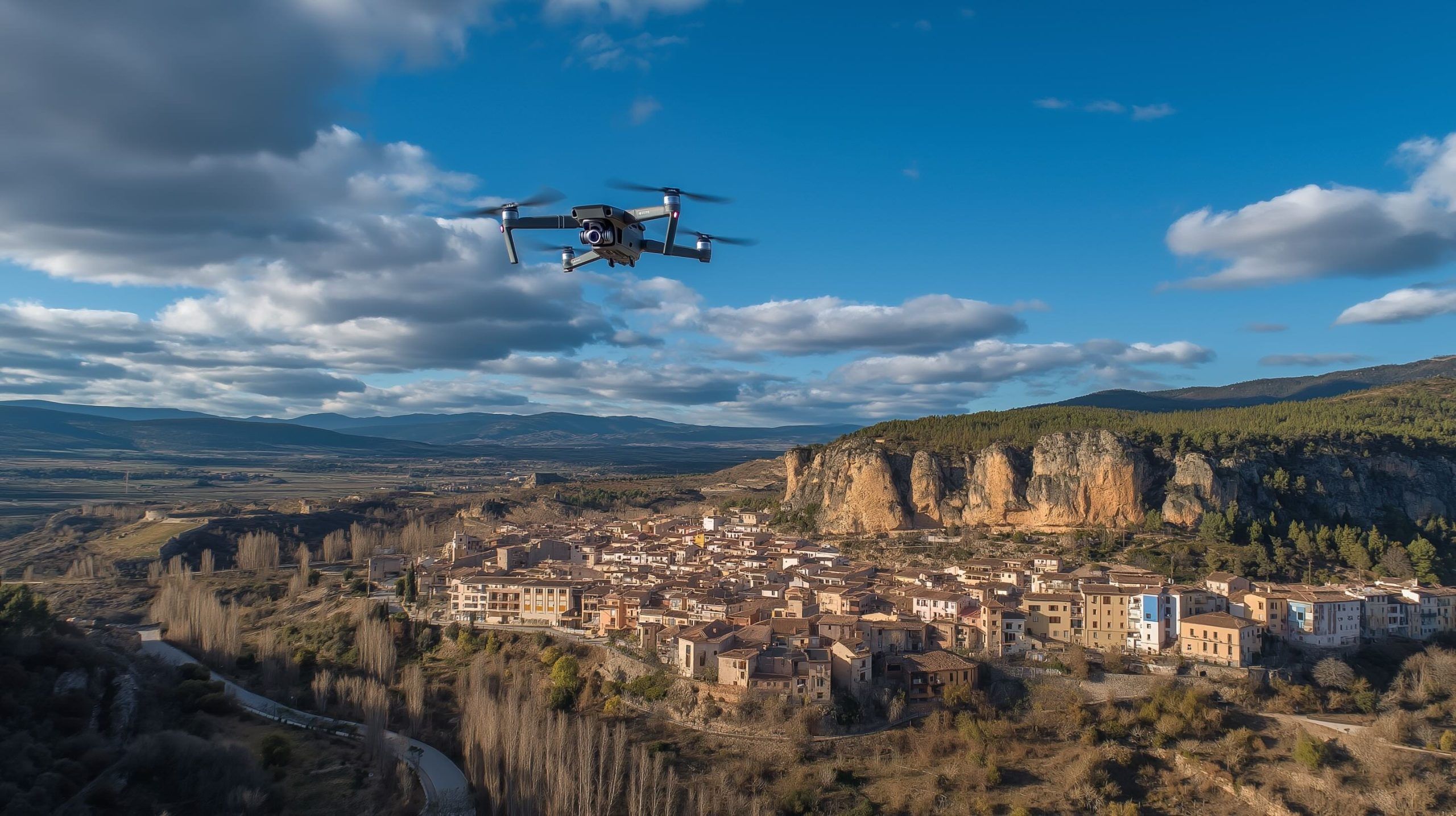
Vodafone (VOD) News Today – 27 November 2025: UK 5G Upgrade, €1.6bn Vodafone Spain Windfall, India Bond Deal, and Fresh Analyst Calls
Vodafone Group Public Limited Company (VOD) is back in the headlines today, 27 November 2025, with a cluster of developments spanning the UK, Spain, India and Eastern Europe. From a major UK network upgrade at VodafoneThree, to a €1.6bn shareholder




